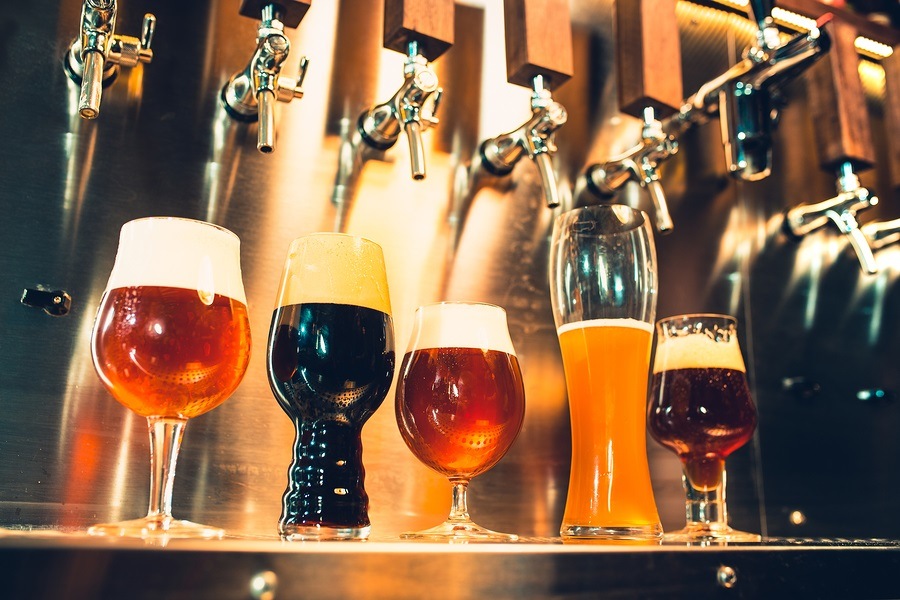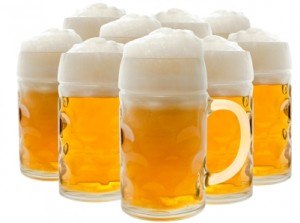Most Beers and Wines Tested are Contaminated with Glyphosate
Most of us take it for granted that the food and drinks we buy from the store are not putting our health at risk. However, new research from public health groups and scientists from the past several years indicates that food and drinks are contaminated with glyphosate, the main ingredient in the weed killer Roundup. This is a potential health problem because in 2015 the World Health Organization found that glyphosate is a probable carcinogen, and in 2017, the state of California agreed. To explore how much Roundup we’re drinking, U.S. PIRG tested beer and wine for glyphosate/Roundup. As we’ve confirmed in this study, Roundup is found in beer and wine (including organic).








